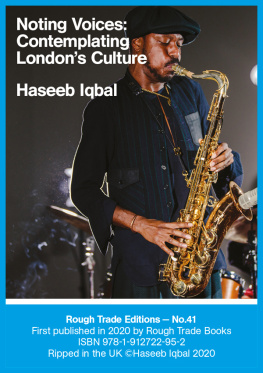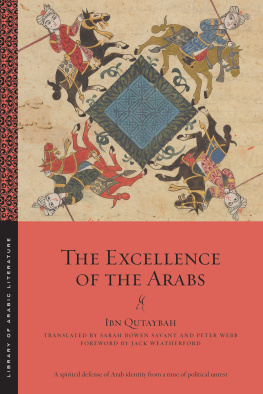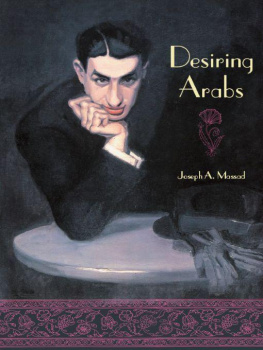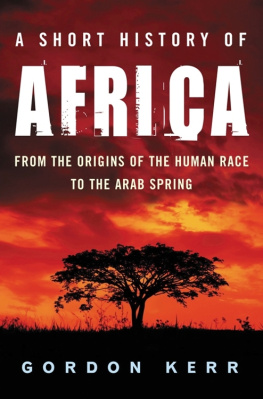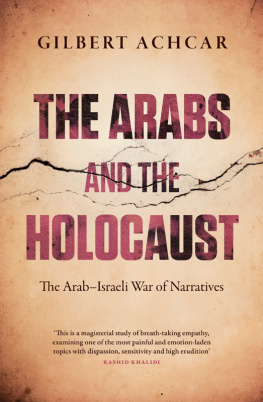First published in 1985
This edition first published in 2012
by Routledge
2 Park Square, Milton Park, Abingdon, Oxon, OX14 4RN
Simultaneously published in the USA and Canada
by Routledge
711 Third Avenue, New York, NY 10017
Routledge is an imprint of the Taylor & Francis Group, an informa business
1985 Centre for Arab Unity Studies
All rights reserved. No part of this book may be reprinted or reproduced or utilised in any form or by any electronic, mechanical, or other means, now known or hereafter invented, including photocopying and recording, or in any information storage or retrieval system, without permission in writing from the publishers.
Trademark notice: Product or corporate names may be trademarks or registered trademarks, and are used only for identification and explanation without intent to infringe.
British Library Cataloguing in Publication Data
A catalogue record for this book is available from the British Library
ISBN: 978-0-415-62197-7 (Set)
eISBN: 978-0-203-10593-1 (Set)
ISBN: 978-0-415-62395-7 (Volume 3)
eISBN: 978-0-203-10500-9 (Volume 3)
Publishers Note
The publisher has gone to great lengths to ensure the quality of this reprint but points out that some imperfections in the original copies may be apparent.
Disclaimer
The publisher has made every effort to trace copyright holders and would welcome correspondence from those they have been unable to trace.
Preface
The Centre for Arab Unity Studies, whose major area of activities is the study of issues concerning the Arab nation, has been working hard since the first quarter of 1982 in organising this seminar, the scope of which extends beyond the Arab world as such to the whole of the African continent. There are a number of reasons behind this:
Since the 1970s the Arabs have been engaged in two unique experiments in the field of foreign policy-making and management: the Euro-Arab dialogue and Afro-Arab cooperation. Many studies and researches in these areas have been conducted but what was needed to complete the task, as far as Afro-Arab relations are concerned, was a gathering of scholars and practitioners to examine, appraise and evaluate this experiment (in terms of the procedures followed in conducting it, the decision-making processes and recommendations for future action).
Since the 1952 Egyptian Revolution and the emergence of other liberation movements in the 1950s, Arab policies fully supported such movements. Subsequently, the Arabs embarked upon a strategy of monitoring and countering Israeli infiltration of Africa, aimed at isolating Israel at the international level in general, and at the Third World level in particular.
While these efforts bore fruit and reached the peak of their success in the war of October 1973, many adverse factors and variables developed later, not least of which were the Camp David accords and Israels reappearance in the African arena. Hence the need for a reassessment of Afro-Arab cooperation and an attempt to predict its future, which is the subject of this seminar.
World attention on Africa has increased considerably since the late 1950s and the early 1960s and Africa has come to be seen as the continent of new independent states. Whereas in 1945 the number of independent African states all members of the UN was only three (Egypt, Liberia and Ethiopia South Africa excluded), in 1958 eight independent African states participated in the first African conference of its kind, held in Accra. In 1963, 32 independent African states participated in founding the OAU. In 1983 the number of independent states reached 50, constituting a considerable weight in the non-aligned movement and the North-South dialogue, among others. Other African countries are still fighting for their independence and will achieve it in the near future. Hence the importance of studying the institutional aspects of Afro-Arab cooperation, both in theory and practice.
The approaching centennial of the 18845 Berlin Conference (at which the big colonial powers conspired to divide Africa, rob its wealth and subjugate it to world capitalism) also makes the timing of this seminar appropriate. The division of Africa at the Berlin Conference was the culmination of the European invasion and control of the continent. Colonial hegemony continued until the early years of the First World War and was, by the final division of the Arab world, in the interests of European colonialism.
Taking this opportunity, the Centre for Arab Unity Studies, by organising this seminar, is contributing to the discovery of the origins of the challenge which brought together the Arabs and the Africans for the first time in confronting colonialism. Today it is the challenge of neo-imperialism that unifies them.
An important question, which has concerned the Centre for a long time, is why, at a time when the number of Arab diplomatic missions in Africa has increased, the Arab information effort has floundered.
At this point a candid and honest word of accountability to Arab officials, both at the regional and national levels, regarding the status of Afro-Arab relations, is required. The Arab foreign ministers conference, held in Fez in 1981, passed a resolution on reactivating the Standing Committee on Afro-Arab Cooperation after an interruption of almost four years. This was viewed by the Centre as an excellent opportunity for discussing and appraising Afro-Arab cooperation.



